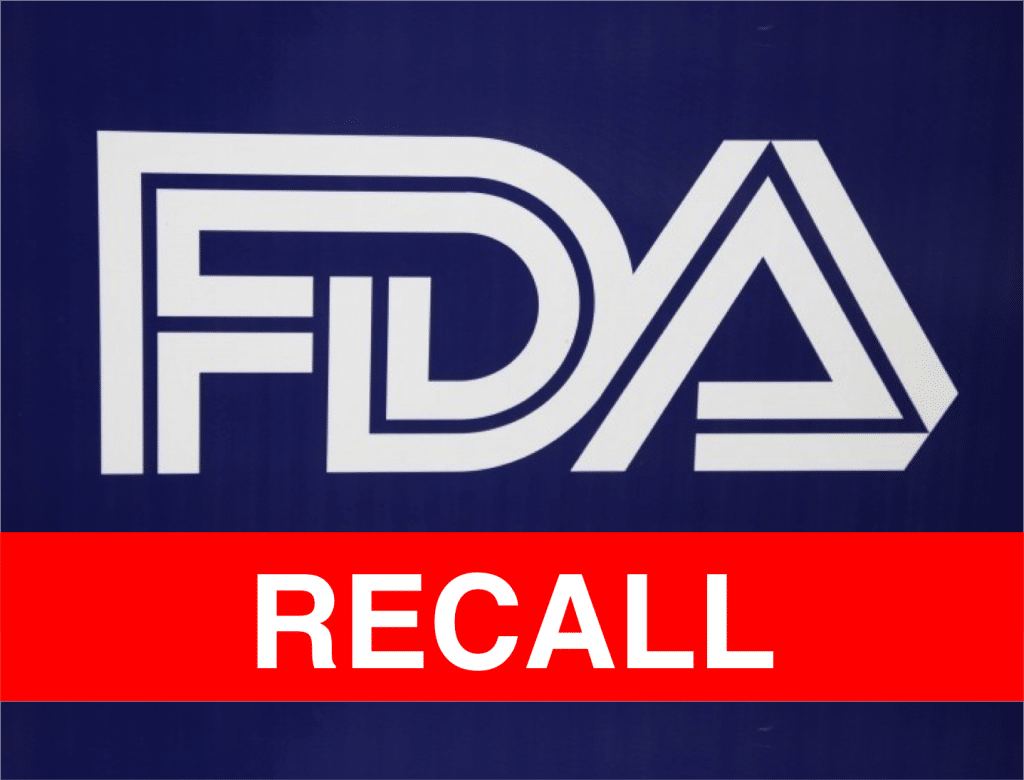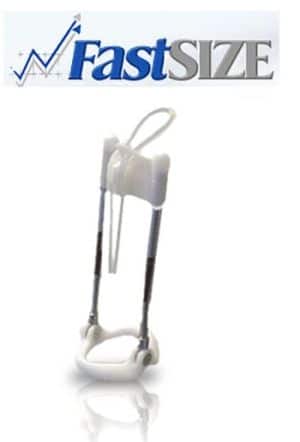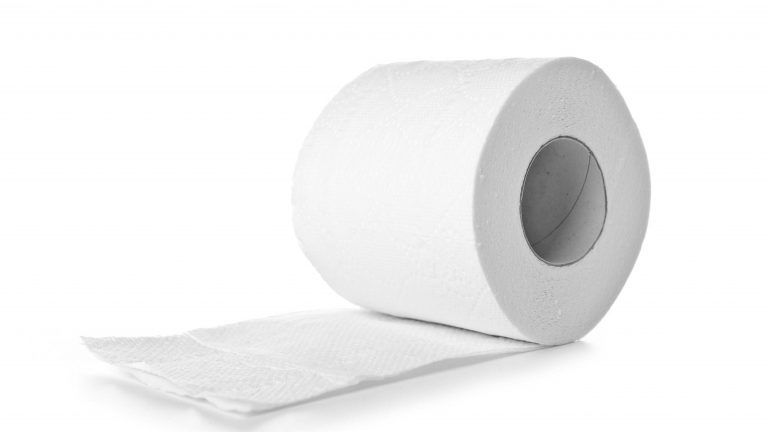What Went Wrong With The FastSize Extender?
The FastSize Extender was a popular penis extender until July 2010 when the product was quickly pulled off the market. Users and potential buyers of the penile traction device were left questioning what happened to the once-popular company.
The U.S. Food and Drug Administration (FDA) requested that United States Marshals seize the manufacturer’s FastSize EQM and FastSize Extender devices. In total, the Marshals seized $346,954 worth of devices along with components that are used in the production of the company’s traction devices and Erection Quality Monitor. The devices were manufactured and distributed by Aliso Viego, California company FastSize, LLC.
Why the Seizure Took Place

The FDA sought a seizure warrant to stop the operation of the FastSize Extender under numerous conditions outlined below.
- FastSize EQM and FastSize Extender were adulterated and misbranded among other things.
- Both devices were unapproved.
- Manufacturing conditions didn’t meet the requirements of current Good Manufacturing Practices (cGMP).
The U.S. District Court for the Central District of California granted the warrant, and the U.S. Marshals were allowed to seize the company’s products.
What Does the Product Being Unapproved Mean?
Devices, such as a penile traction device, need to be approved by the FDA. There is an entire premarket approval process for use that has to be approved. The FastSize EQM Erectile Quality Monitor was promoted as helping:
- Diagnose conditions, such as:
- Diabetes
- High blood pressure
- Heart disease
- Measure penile axial rigidity
- Promote length and girth gain
- Penile health improvement
- Correct penile deformity
The FDA does not govern every product on the market, but since FastSize is intended for one of the following, the FDA has regulatory authority over it:
- Diagnose diseases
- Cure or prevent diseases
- Mitigate diseases
- Test for diseases
Essentially, the company promised that the penile extender could help with issues relating to Peyronie’s disease and other penile-related issues,
What are current Good Manufacturing Practices (cGMP)?
Consumers are protected, to some extent, when a product is made following cGMP practices. The FDA enforces these practices to:
- Ensure proper product design
- Monitor the manufacturing process
- Control the manufacturing process
The practices also ensure that the sourcing of raw materials is pure. Government agencies want to verify that a product is safe for use. Product claims and strengths are also verified under these practices. Officials found that FastSize was not following these practices, and as a result, the products that they manufacture have no guarantee of quality or safe use.
Failing to follow the regulatory process by the FDA leaves consumers vulnerable from products not meeting their promises and potentially harming the consumer.
It’s important to note that the FDA inspected the manufacturing facilities and found that the practices in place significantly deviated from the cGMP regulations. Additionally, FastSize LLC’s law firm did not or refused to provide materials relating to the device to federal inspectors. The inspectors, under the Medical Device Reporting regulation, have a right to demand this information.
FastSize was an initial success and received a lot of coverage prior to 2010, but failing to follow guidelines and procedures shuttered the company despite users claiming the device worked well.






